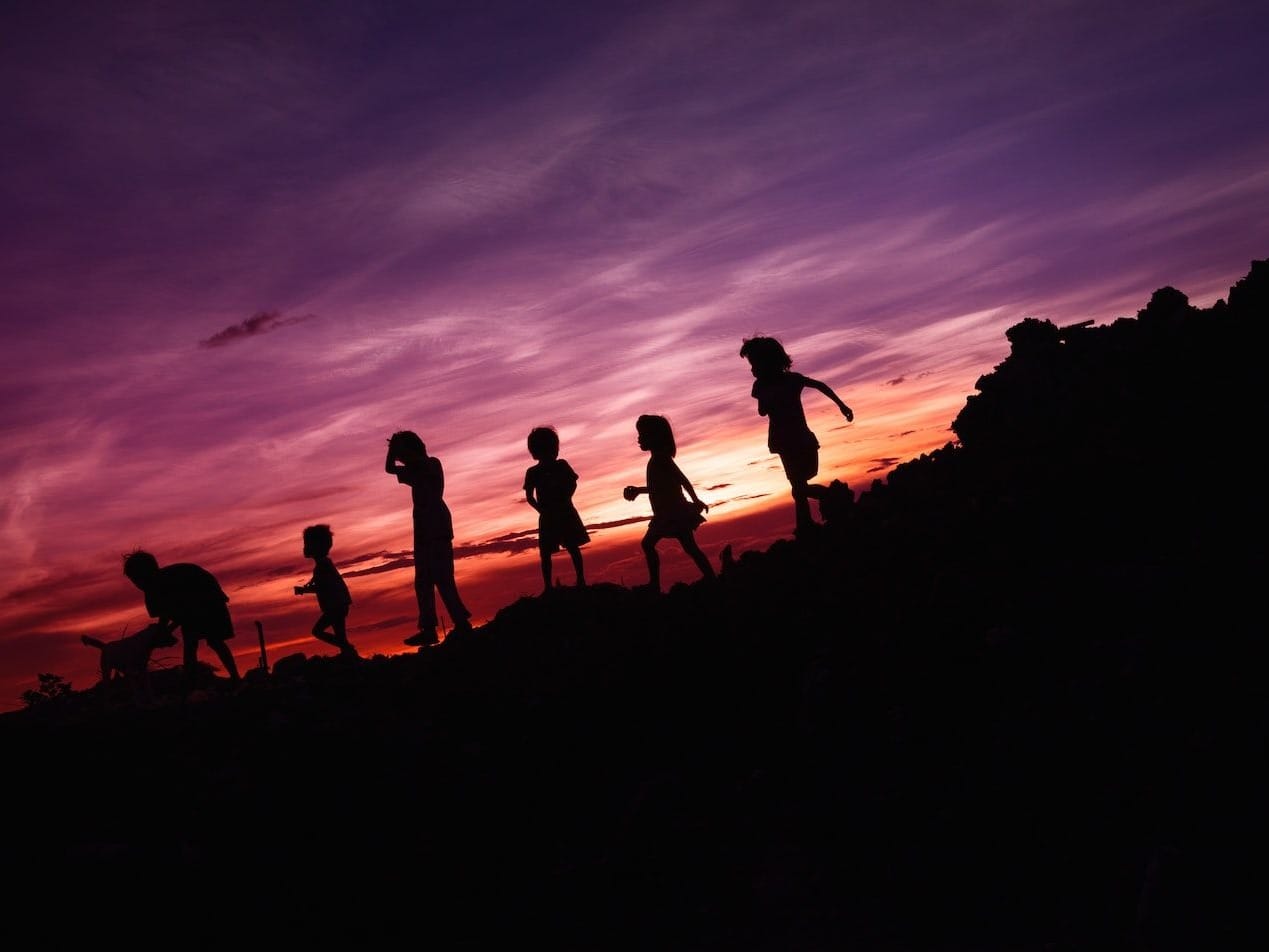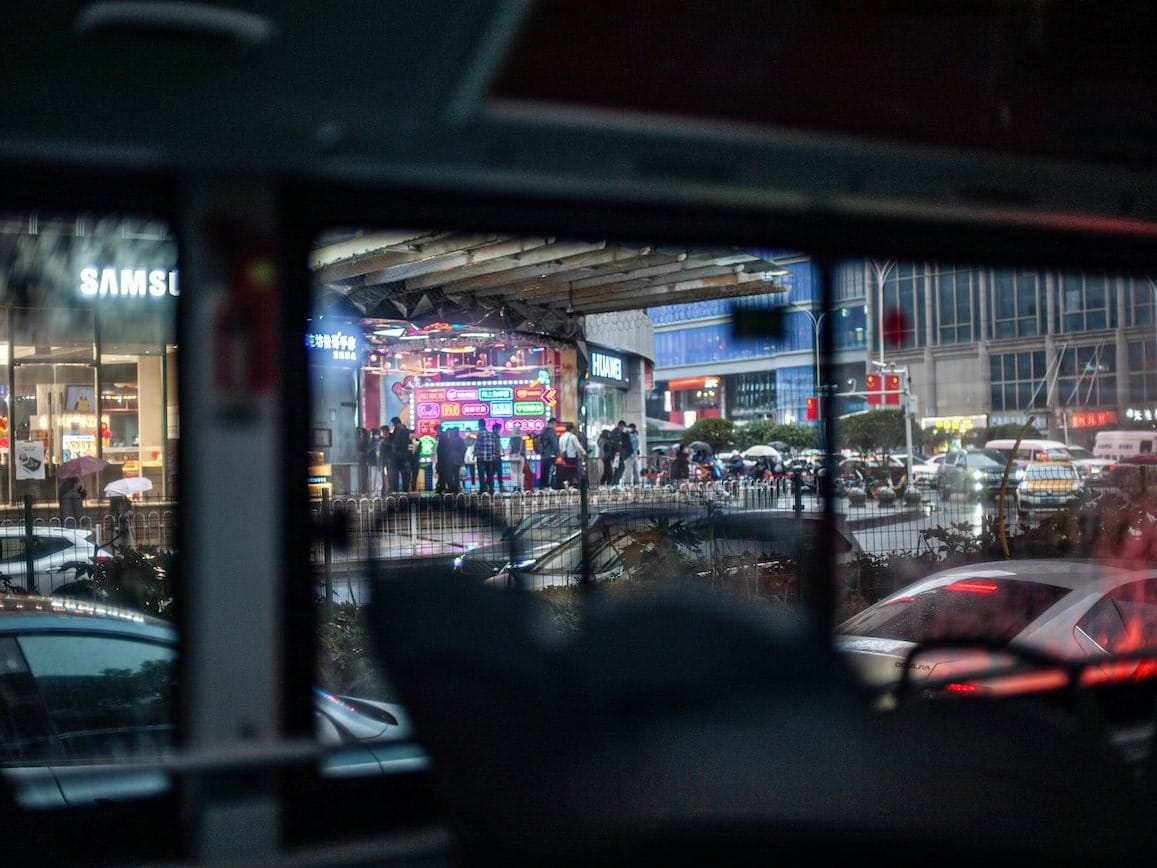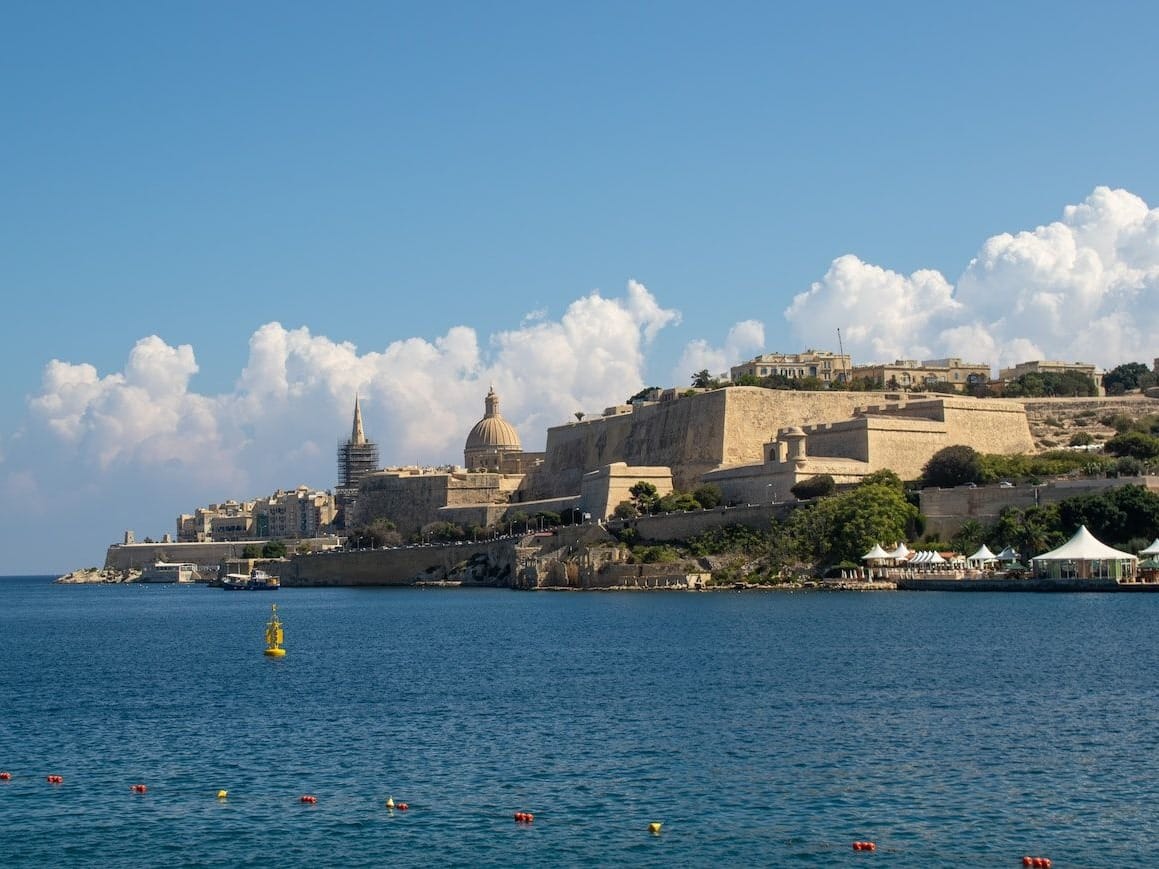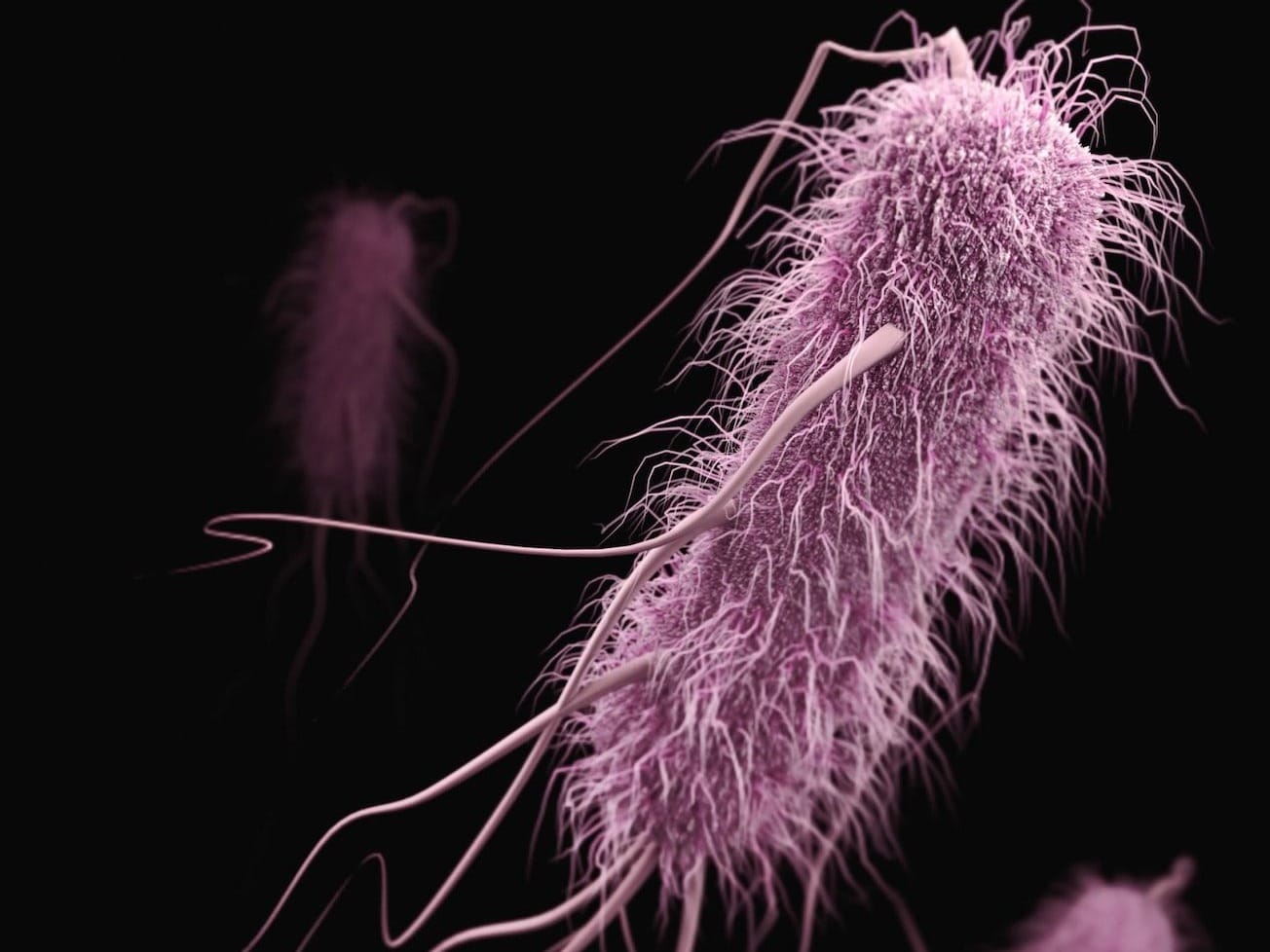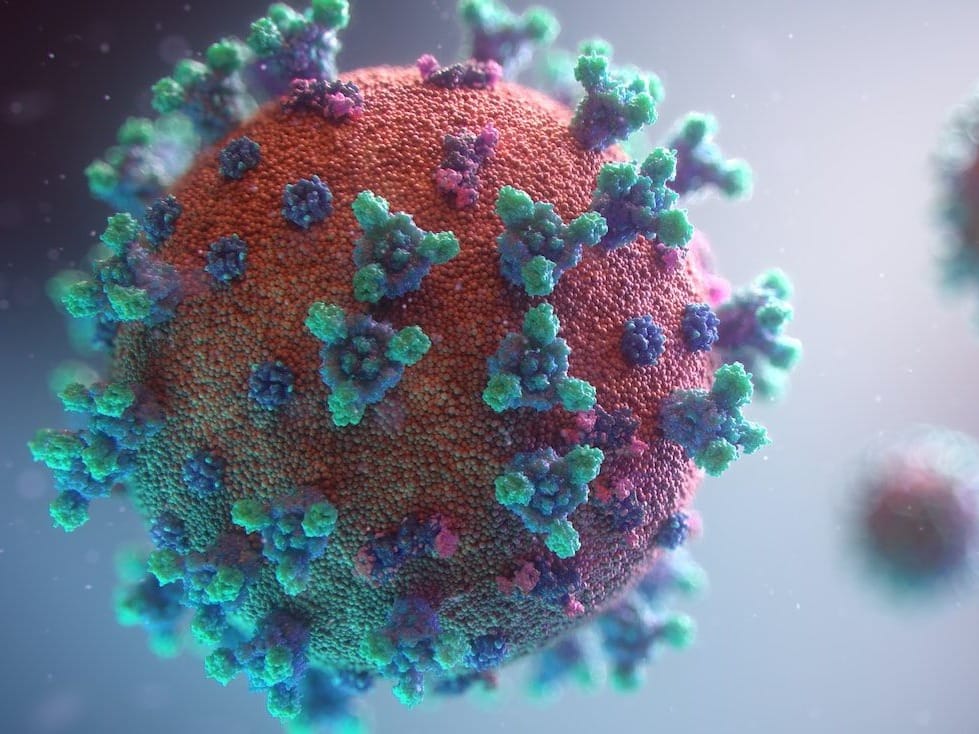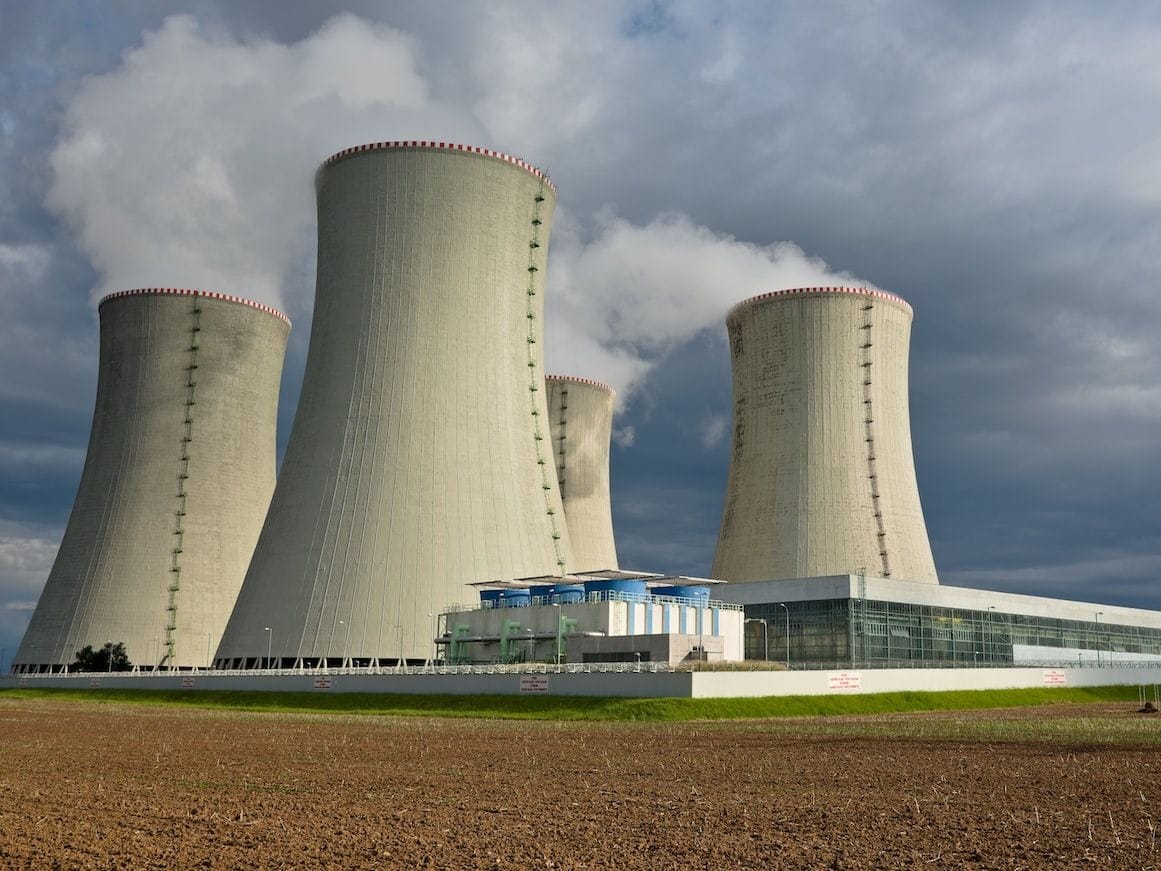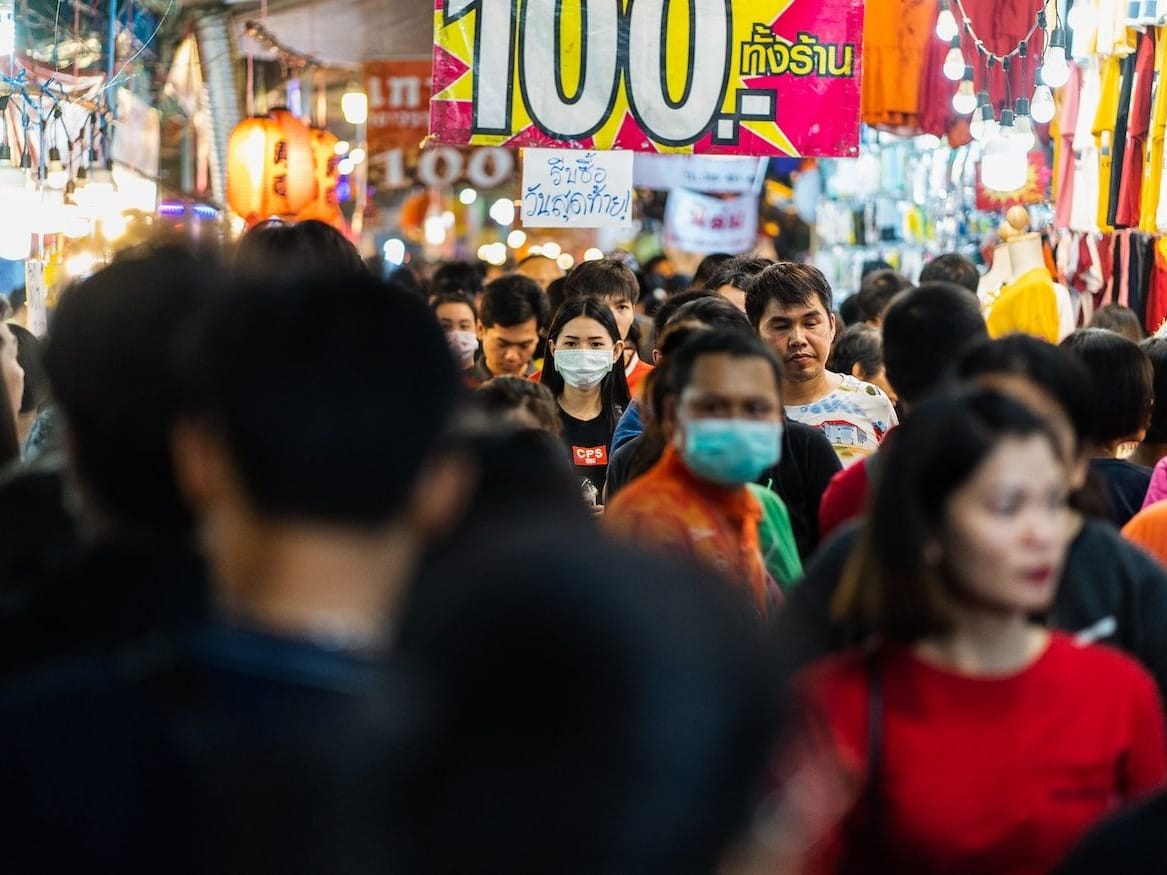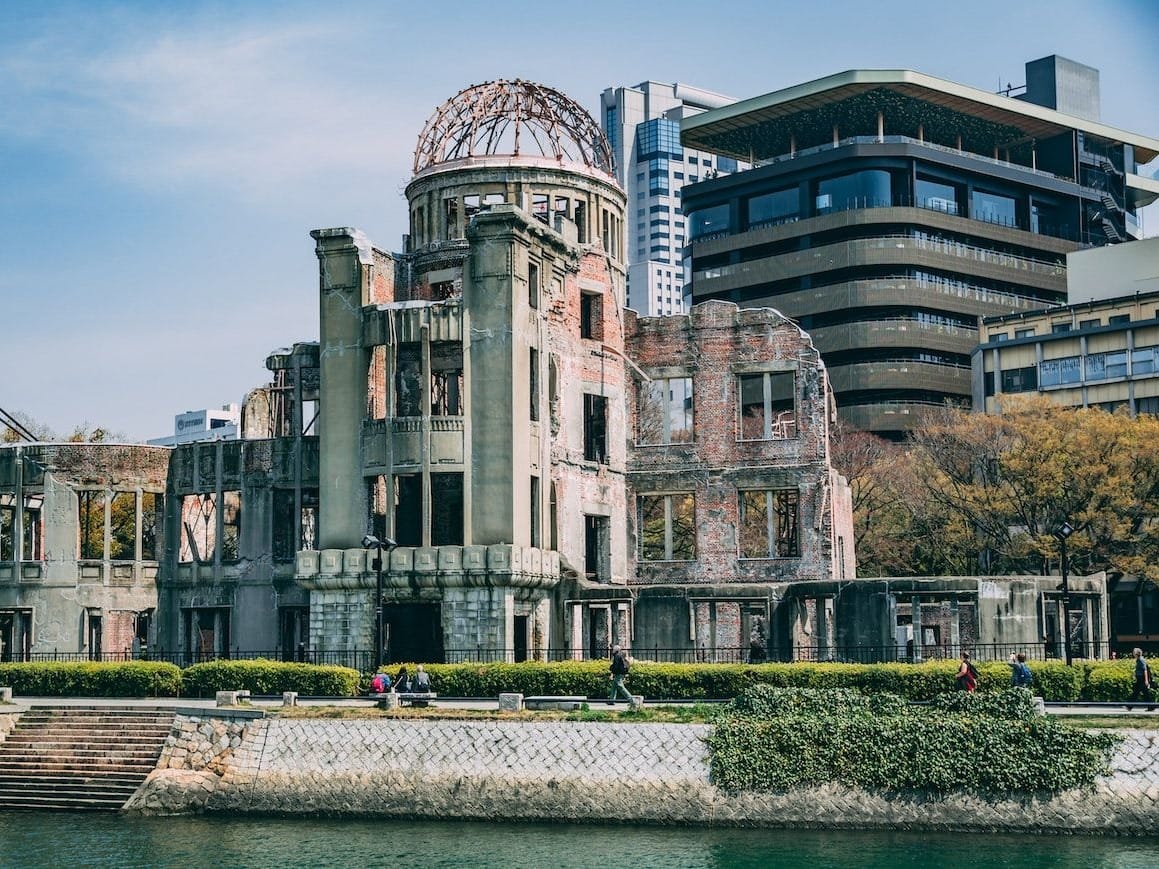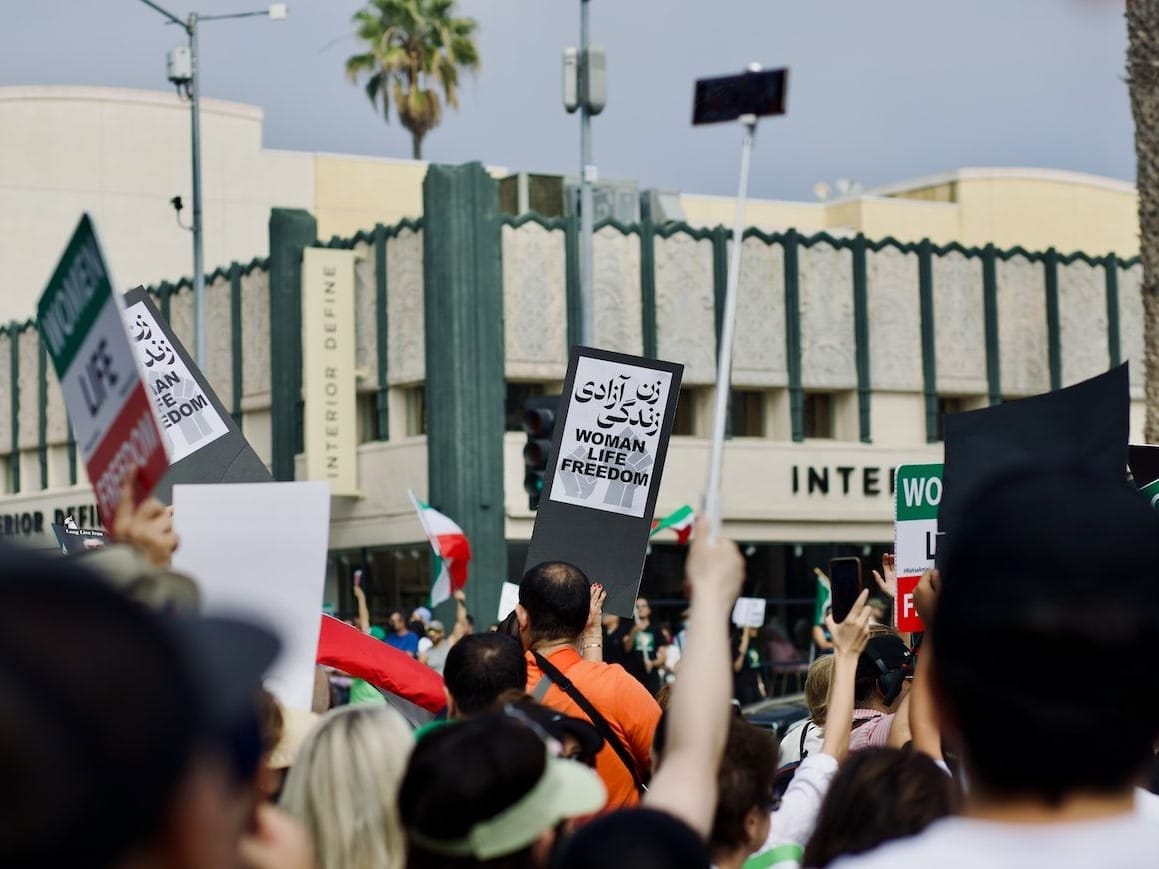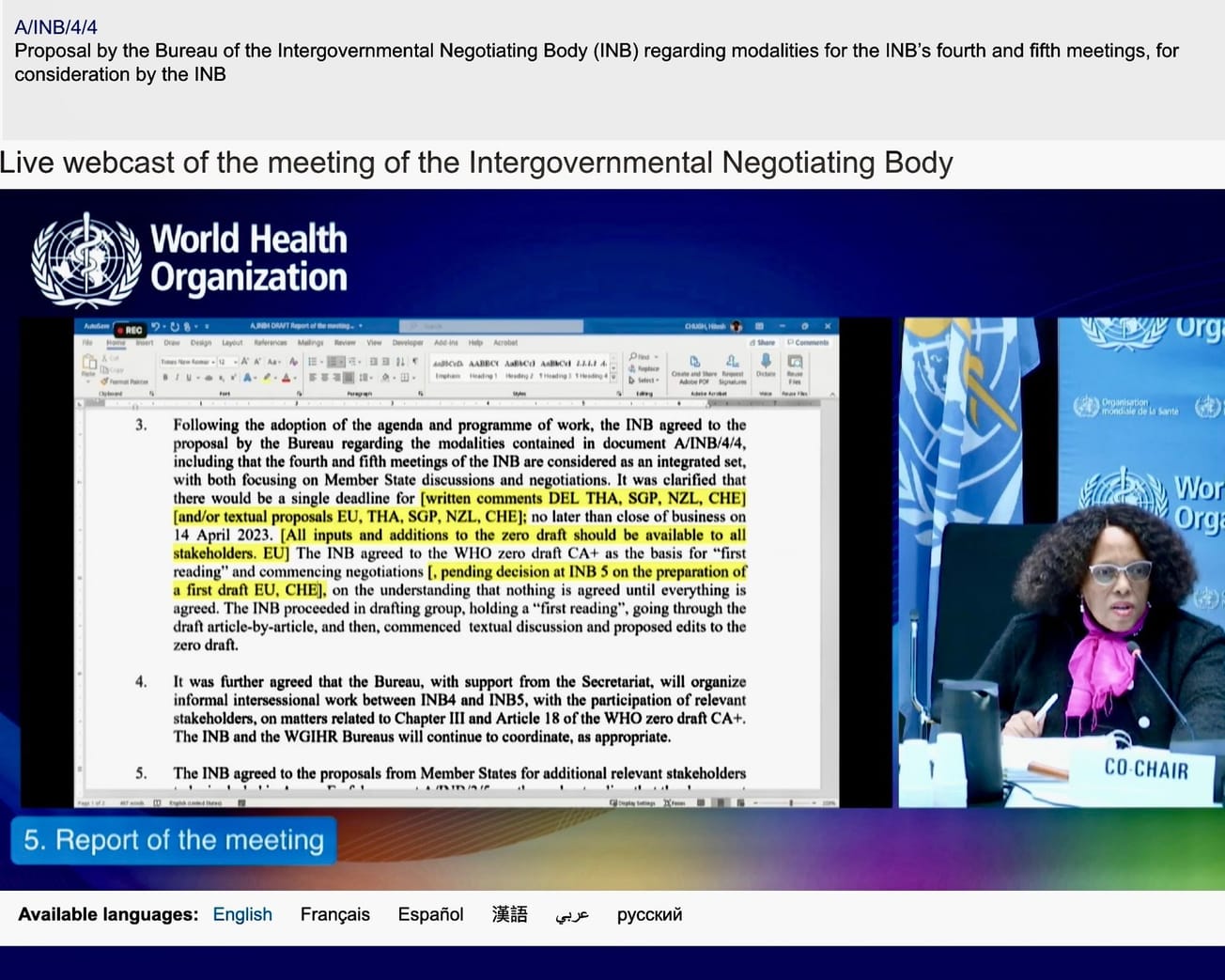
Nations work to update draft of WHO's proposed pandemic treaty
The treaty takes aim at the huge inequalities in health care and access to products that the COVID-19 pandemic brought into sharp focus.
Already have an account? Log in
The treaty takes aim at the huge inequalities in health care and access to products that the COVID-19 pandemic brought into sharp focus.
The number of children without basic social protections is increasing worldwide, UNICEF and ILO say in a new study.
The U.N. health agency says it updated its plans based on China's response but there's been "no quiet shelving of any plans" for investigating.
The tiny island nation made the case that more attention must be focused on the threat of rising sea levels and gaps in international law about loss of land.
Human rights has become "a major flashpoint in the growing systemic competition" between competing ideologies and governance systems.
Strains of bacteria immune to all known antibiotics may become a major cause of death by mid-century.
Chief among the questions over a proposed pandemic treaty is an 'accountability gap' that undermines the proposed treaty's potential.
The rationale for the WHO's proposed pandemic treaty is to erase "gross inequities" between rich and poor that's a scourge of the pandemic.
A new report finds a clear connection between more violence and corruption as the world becomes a less peaceful place.
WHO leaders agree the pandemic may be approaching "an inflection point" of higher immunity resulting in fewer deaths.
Almost half of WHO's `94 member nations said they "still lacked essential elements of preparedness for radiation emergencies."
Despite the temptation to end the pandemic, some leading health experts say it would be better to keep up the pressure.
The symbolic clock was reset closer to the symbolic hour of apocalpyse amid Russia's war in Ukraine, which raised the risk of a nuclear confrontation.
The money is needed for 54 emergencies worldwide that require an "unprecedented" response from donors to provide aid.
Human Rights Watch points to a "litany of human rights crises" but also a silver lining – some "cracks" emerged in authoritarian regimes.
WEF's report finds the biggest short-term risk to the world economy is a globalized cost-of-living crisis and widespread social unrest.
